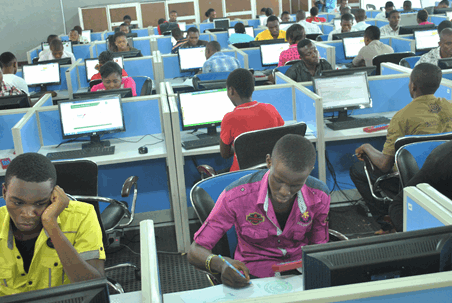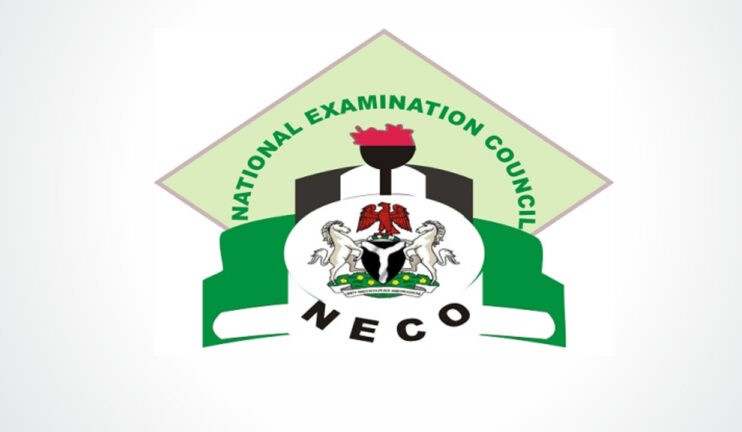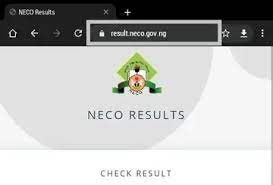The National Examinations Council (NECO), the West African Examinations Council (WAEC), and other exams will be entirely computer-based testing (CBT) starting in 2027, according to the Ministry of Education, to reduce instances of exam fraud.
Speaking on Thursday in Abuja at the Committee on Improvement of Quality Examinations’ inauguration, Education Minister Dr Tunji Alausa emphasised the government’s resolve to combat pervasive exam malpractice and raise the standard of the country’s educational assessments as a whole.
He claimed that combating exam leaks necessitates a comprehensive strategy because parents encourage their children to engage in exam malpractice, demonstrating that students are not the only ones who commit these crimes.
Read also: Nigeria sets 3-year timeline to transition JAMB, NECO, WAEC exams to computer-based testing
He went on to say that the nation’s growing examination misconduct was also the fault of educators, school administrators, and exam supervisors.
Objectives to combat exam malpractices
Alausa listed a number of objectives that the committee was established to accomplish, such as preventing exam leaks, dealing with identity theft during exams, and enhancing examination oversight.
He emphasised the significance of fighting local candidate swapping during exams and switching to computer-based exams by 2027.
According to him, it will be made feasible by the government’s significant investment in education under the administration of President Bola Tinubu, with a particular emphasis on the development of human capital.
To guarantee the credibility of results, Alausa declared that exam certificates would now include three essential identifiers: candidates’ photographs, date of birth (DoB), and national identity numbers.
Exam malpractice is a growing problem, he said, and he warned that permitting it to continue will sabotage the hard work of students who are trying to better themselves.
Read also: NECO expands global reach by accrediting foreign institutions in Niger Republic, Equatorial Guinea
Technology to help combat examination malpractices
He said: “So, we’re planning that by 2027, all our exams will be computer-based. We will work so hard to ensure that that happens. We have to use technology to help our endeavour. The committee will also be working with local swapping of candidates. There are multiple participants in exam practices. From the student to parents, teachers, principals, to even people regulating and supervising exam conduct.”
“During this change, a lot of areas of compromises will happen. There will be people investigating and regulating the exams.”
“I’ve mandated all the registrars of our examination bodies, such as WAEC, NECO and NAPTEB that by their next examinations scheduled for May, June and July, there will be three identifiers on the certificates they issue. These identifiers will be the national identification number of the candidates, picture of the candidate on the certificates and their date of birth.”
“By having these three identifiers, we will ensure almost 100 per cent certainty in identifying candidates,” he emphasised.
Prof. Is-haq Oloyede, the committee chairman and Registrar of the Joint Admissions and Matriculation Board (JAMB), responded by thanking the Federal Government for putting its trust in him and the other committee members to complete the national assignment and promising to do so promptly and faithfully.





